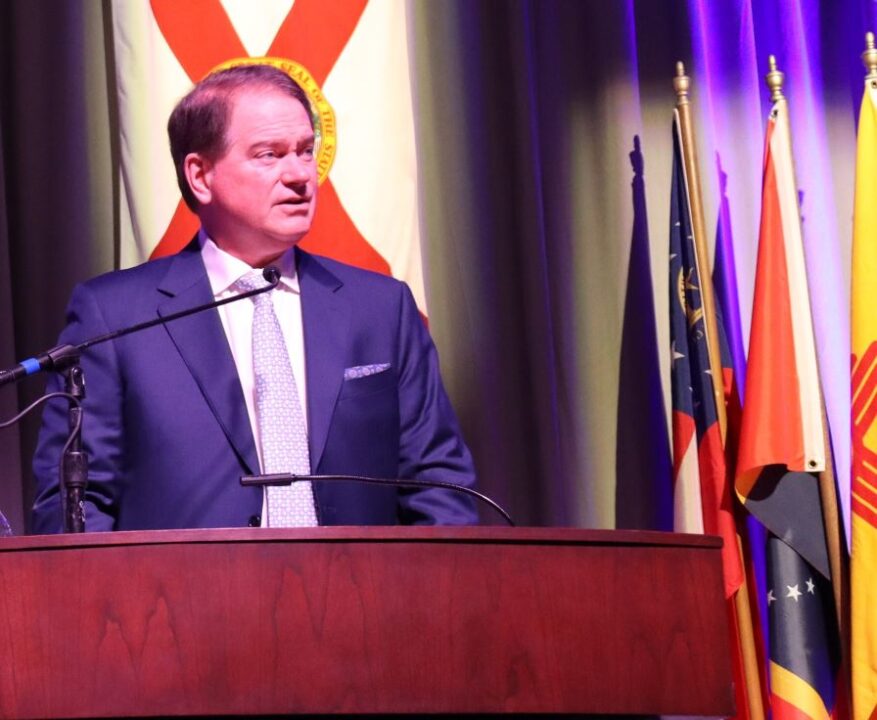Opinion: Nonwoven Textiles Helps an Indian Village Create Jobs
Villagers in Azhvarthirunagari, located on the southeastern border of India about 30 kms from the seashore, are using nonwoven fabrics to manufacture multiple-use shopping bags. Thanks to assistance from TVS Srinivasan Service Trust, a charitable arm of the leading TVS group of companies, the villagers are helping create jobs for unemployed youth and women.
This initiative is personal and pleasing to me. Seeing nonwoven products making inroads into villages and helping create jobs makes my efforts to create practical awareness in this field by initiating the Association of Nonwoven Fabrics Industry’ (INDA) first training workshop in Mumbai in 2007 most worthwhile. Azhvarthirunagari happens to be my village where I spend most of my summers, and the nonwoven shopping bag initiative is, in a way, humble success to see the penetration of this technology, which has been my mission for 20 years.
The Indian government supported knowledge creation by collaborating with INDA, myself and many associations throughout India since the mid-2000s.
The villagers are playing a major part in the “Avoid Single-Use Plastic” initiative, which Indian Prime Minister Narendra Modi recently launched, rightfully encouraging the country to avoid using single-use plastic materials that pollute the environment. Single-use thin grocery bags are a main source of contamination in cotton and marine environments.
Thirty women have been trained to convert nonwoven fabrics into shopping bags, which are marketed to nearby towns. These women now have access to disposable income, which helps enhance their self-confidence. My village house serves as an abode for the cutting operation and warehouse. Conversion happens at participating women’s houses so that they can work on the project amidst their home chores.
Each nonwoven bag is sold for less than 10 cents in wholesale markets, then sold at one dollar each in supermarkets in the United States. This price point surely offers tremendous opportunities for the Indian group to look for larger markets.
“There is a plan to go all cotton,” stated Ponnusamy Muthuramalingam, a youngster involved in the initiative, who reported that a cotton fabric source had been identified. It was such a joy to hear the enthusiasm and confidence in villagers like Ponnusamy and Ariharabalan Muthuramalingam during a recent phone conversation.
The nonwoven shopping bag project in Azhvarthirunagari – with support from TVS – is an inspirational story from my own village in India. The villagers solve their problems on their own, taking their responsibility seriously by working closely with civic agencies. They also use social media effectively to organize and solve their day-to-day problems.
Plans are emerging to connect the group with the nonwoven marketing group WellGro United, based in Chennai, which has taken the cotton nonwoven Towelie to global markets.










